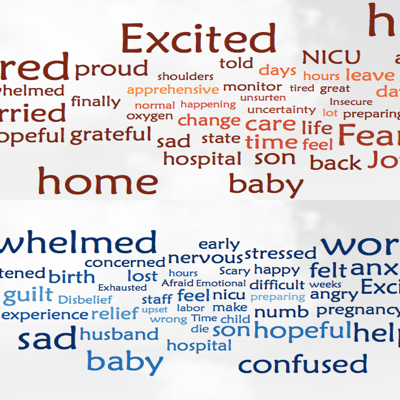Predictive analysis for
supporting parental engagement
- Categories: AI,Digital Health
- Year: 2017-2018
- Client: lumila
-
Keywords:deep learning, shared decision making, patient engagement
Neonatal use case
When a couple's baby is born prematurely, they find themselves in a situation for which no one is prepared. Every new parent starts with the same level of knowledge of premature babies and their care: little to nothing. The few months spent in a NICU (Neonatal Intensive Care Unit) is physically, emotionally, and mentally exhausting to the parents.
Motivation
Small actions can make huge improvements. As a recent WHO report inspiringly suggests, mobilizing “parent power” in the care is a must. Innovative programs (Close Collaboration with Parents, Turku University Hospital, Finland; Family-Integrated Care, Mount Sinai Hospital, Toronto), have demonstrated improved outcomes with increased parental engagement.
The numbers
Nearly 15 million babies are born premature every year around the world. The percentage of prematures can reach 18% in certain parts of Africa and Asia, while in Scandinavia and other European countries it can be as low as 5-8%. The global average is 11%. Behind these numbers are not only the babies’ lives, but also those of their parents.
AI at work
An early warning mechanism relying on predictive analytics is under development. By analyzing the correlation of the parental engagement and
the babies’ developmental data, the care team can receive alerts and provide additional support to the parents for better engagement.
Also, the use of aggregated developmental and parental engagement data provides an opportunity for more informed decision making as an essential
enabler for “Computational Care”. A Learning Health System with Patient Engagement and Shared Decision Making support is essential for the new era of healthcare.
